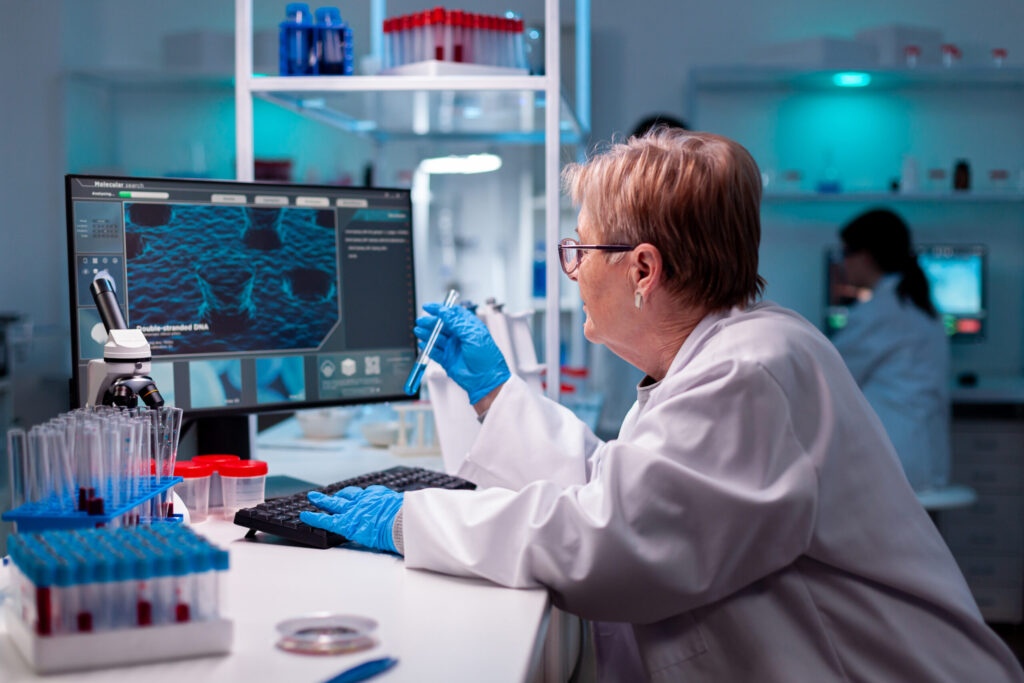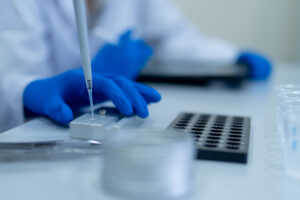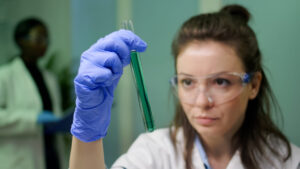What is a genetic disorder?
A genetic disorder may also be referred to as a genetic syndrome, or more commonly a rare disease. There are currently 7,000 and counting genetic disorders identified at present.
A genetic disorder may be an inherited condition, where parents pass down gene mutations to their children which then cause a rare disease. Or they may be the result of a spontaneous and random gene or chromosomal change that occurs during the reproductive process.
Genetic disorders may affect different body systems and parts of the body. Many of them however are characterized by their own set of unique facial features and medical conditions, including developmental delay.
Due to a continued lack of awareness surrounding many rare diseases, including their causes and symptoms, many rare disease patients face years spent trying to arrive at a confirmed diagnosis for a name genetic condition. They may also receive several wrong diagnoses along the way to an accurate one.
Years spent stranded in a diagnostic odyssey or dealing with one or more misdiagnoses can lead to delayed support, care, and treatment for rare disease patients. This then has a detrimental effect on quality of life and long-term management of a genetic disorder.
This makes accurately diagnosing a genetic disorder even more crucial to those who need one.
An accurate diagnosis
Genetic counselor and counseling
To ensure an accurate diagnosis of a genetic disorder, a patient must undergo genetic counseling. Genetic counseling has a significant role to play in the diagnosing of a rare disease, and limited access to its services can negatively impact the diagnostic journey of a patient.
Genetic counseling improves the accuracy of a genetic disorder diagnosis in the following ways:
It empowers patients with information and knowledge about genetic syndromes. The more information patients have, the more they can advocate better for their care, and patients armed with more knowledge are less likely to be misdiagnosed.
It can take a person’s family medical history, as well as information about their current symptoms, and use this information to recommend the most targeted genetic testing for each individual. For genetic testing to be truly accurate, genetic experts need some understanding of which rare syndrome they are testing for. Genetic counselors, based on their understanding of a patient’s genetic and medical health, can provide them with this.
Advanced genetic screening
In recent years the development of new and advanced genetic screening methods and tools has helped to improve the accuracy of diagnosing a genetic disorder. Examples include AI-driven facial analysis technology that can identify markers of a rare genetic disease in an individual. This analysis can then identify an individual’s risk for developing specific genetic disorders, which in turn enables a genetic expert to recommend the right type of genetic testing for an accurate diagnosis.
It also means improving access to DNA diagnosis options, and genetic testing options, and ensuring patients are recommended the right type of testing.
Increased awareness and research
Even amongst the known rare syndromes currently identified, there is much that is still unknown about their causes and symptoms. The less we know about a rare disease, the harder it is to diagnose a genetic disorder accurately in an individual. Increased research into genetic disorders, or orphan diseases as they are often called when so little is known about them, is important if we are to improve diagnosis for genetic disorders.
There are many ways to diagnose a genetic disorder, but improving the accuracy of this process relies on greater accessibility to genetic counseling services and increased awareness and research into rare diseases. It means fully understanding the obstacles in the way of patients searching for a genetic diagnosis for rare diseases, and how to overcome these.



